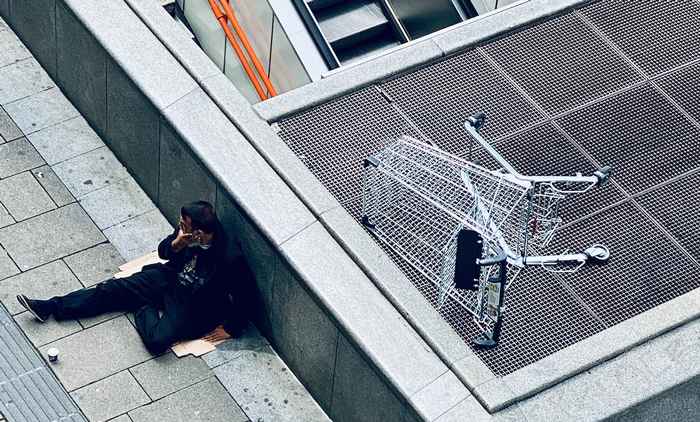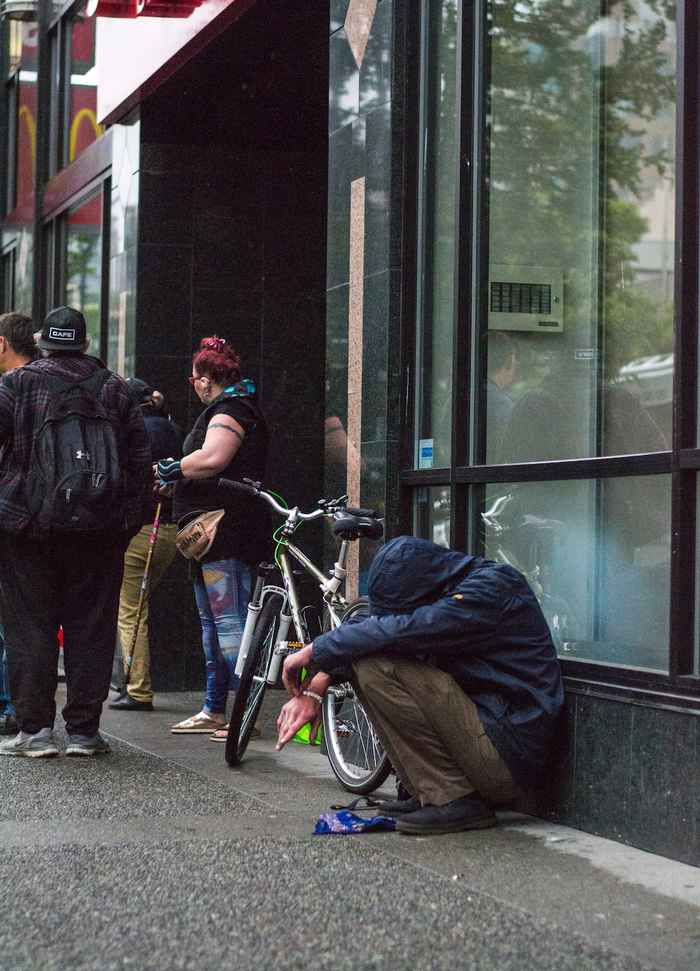Why our debt system is inequitable
12 October 2023

On the brink of the financial abyss
Recently, there has been a lot of media coverage of citizens struggling with financial problems, partly caused by inflation, but above all because of the complexity of allowances and unexpected costs. Our debt system has become increasingly institutionalised in recent years. Although the original aim was to encourage debtors to fulfil their financial responsibilities, the system has developed into a vicious cycle of fines, collections and red tape. For people already living on the brink of poverty, a small debt can quickly become an insurmountable burden.
One of the biggest problems of the debt system, is that it affects the most vulnerable in society. This means that those with low incomes, limited financial literacy and little access to legal help are the very people who fall victim to this system. This raises serious questions about access to justice and equality for all citizens. For many, navigating the complex legal processes, and bureaucracy involved, is an impossible task. Without access to legal aid, these people are often at the mercy of debt collection agencies that further pile up their debts with unreasonable fines. Which in turn results in an escalating cycle of poverty and debt.

New perspectives on this crisis
Fortunately, there is a growing awareness of the need to make our system more accessible, and steps have already been taken in the right direction. For instance, the government has decided to overhaul the debt collection and penalty systems, focusing on a more people-centred approach. Civil society organisations, advocacy groups and legal professionals have addressed the problems of the debt system and are working together to promote reforms. We too, in collaboration with law students and researchers from the Amsterdam Law School, are busy setting up a debt law clinic. More information on this will follow soon.
Yet there is still much work to be done. Access to justice is an important issue for us, requiring constant attention and action. We are specialists in this field, and with our combination of 'research, education and entrepreneurship', we are trying hard to change these systems.